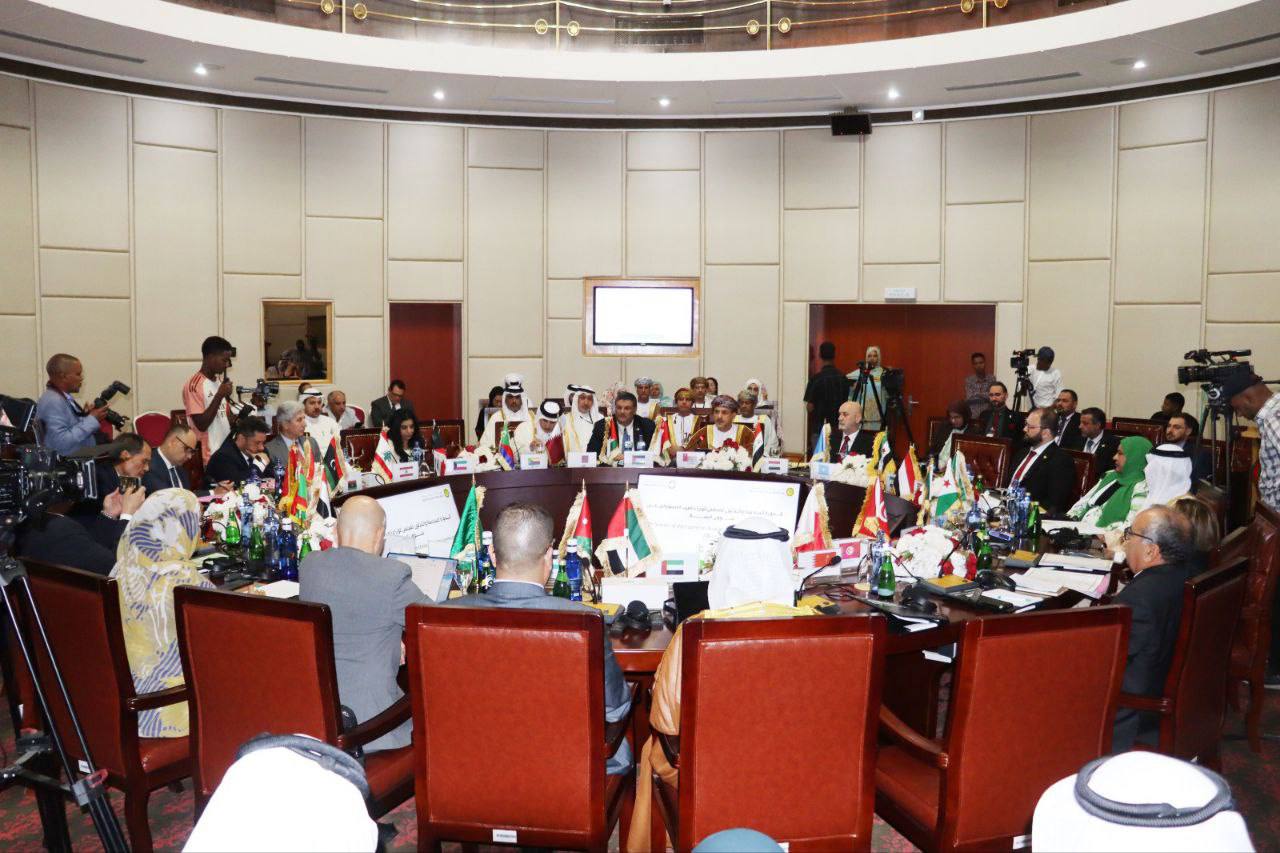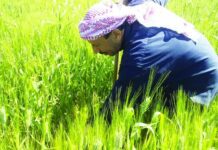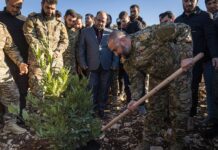 In a significant step for regional environmental diplomacy, Syria marked its return to the Arab stage by presenting a comprehensive national strategy to combat climate change and the country’s most severe drought in decades.
In a significant step for regional environmental diplomacy, Syria marked its return to the Arab stage by presenting a comprehensive national strategy to combat climate change and the country’s most severe drought in decades.
Syria participated in the recent meeting of Arab Environment Ministers held in Nouakchott, Mauritania, which brought together senior officials, regional organizations, and international environmental bodies to address pressing ecological challenges across the Arab world.
Dr. Yusuf Sharaf, Assistant Minister of Local Administration and Environment for Environmental Affairs, headed the Syrian delegation. In his address, he expressed his satisfaction with Syria’s participation in ministerial-level meetings of the Arab League after an absence of several decades.
Dr. Sharaf described Syria’s environmental reality as “extremely dire,” noting that the country is currently experiencing its worst drought in 70 years, with rainfall dropping more than 50% below the annual average. He attributed this crisis to global climate change as well as to what he described as “ecological crimes” and environmentally harmful practices carried out under the former regime during the years of conflict.
Syria’s New Climate Resilience Strategy
Dr. Sharaf outlined the government’s renewed focus on confronting climate challenges through a series of strategic measures. He explained that the new national plan prioritizes projects that curb environmental degradation and link international conventions with the 2030 Sustainable Development Goals.
He emphasized Syria’s intention to join global initiatives to combat climate change, drought, and desertification, while enhancing cooperation with regional partners. “Our strategy is based on preserving just peace and security as foundations for achieving sustainable development,” Dr. Sharaf said. “These principles will drive environmental protection, reduce poverty, and improve living standards for our people.”
Towards a Regional Framework for Action
The Syrian delegation welcomed the forum’s 2025 theme, “Towards Integrated Environmental Policies,” noting that it provides a framework for aligning environmental priorities with economic and social development. Dr. Sharaf highlighted that Syria’s approach focuses on restoring ecosystems, transitioning to renewable energy, and developing a circular economy capable of sustaining long-term resilience.
The ministerial meeting concluded with a closed consultation session among ministers and heads of delegation to discuss Arab environmental work papers and coordinate future positions. Syria’s participation at the Nouakchott forum represents a milestone in its reintegration into joint Arab environmental efforts.
Officials underscored that this engagement will help unify Arab stances ahead of upcoming international conferences, including the 30th session of the UN Climate Change Conference (COP 30) in Brazil and the 20th meeting of the Conference of the Parties to CITES in Uzbekistan.
By presenting its climate strategy on the Arab stage, Syria signals not only its readiness to rejoin regional cooperation but also its commitment to confronting the environmental challenges that directly affect its future stability and development.








